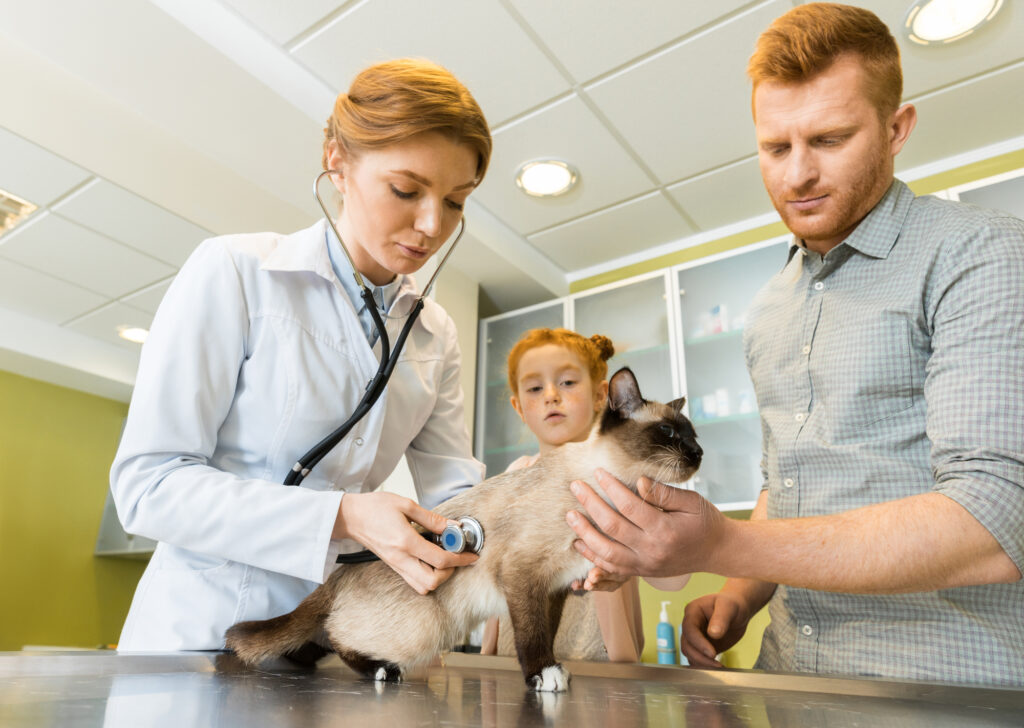Love, companionship, and havoc: Pets are great gifts that keep on giving. So what happens when a pet accident damages rental property? Are you financially covered? Most renters do not know that their renters insurance policy includes the possibility of pet damage with restrictions. This detailed guide will disclose what renters insurance has in terms of protection for pet damages, what it covers (and does not), and actionable advice for what you need to do to prepare for such disasters in the future. Whether you’ve just gotten a pet or have been renting for years, this article will inform you of the pros and cons of renters insurance and pet damage so that you can have a peaceful mind.
What Does Renters Insurance Cover?
Renters insurance protects your belongings while also giving you liability for accidents. When it comes to pets, anything further is a murky area. Here is what you need to know:
1. Personal Property Coverage
Renters insurance stands in for damages to personal property as a result of such covered perils as fire, theft, or vandalism. Generally, anything relating to damage your pet causes to your own belongings will not be covered. For example, if your dog goes wild chewing your couch, it is likely going to be an expense you have to face.
2. Liability Coverage
This is where renters’ insurance is most valuable to pet owners. If your pet damages another person’s property or injures another person, your liability coverage may apply. For example, if your dog claws at your neighbor’s leather new sofa, your policy may assist by covering the cost of repair or replacement.
3. Medical Payments to Others
Other medical expenses relating to the act could also be undertaken by your renters insurance if your pet injures someone within the limits set by your policy. This is of great help in cases where you find yourself liable for injury caused by your pet.
What’s Not Covered?
While some protections are certainly helpful in times of need, there are things renters insurance simply will not cover regarding pet damage:
1. Damage to the Rental Property
If the pet ruins something inside the rental unit (scratching floors, chewing walls, etc.), then the case will not be covered under the renter’s policy. Usually the landlord’s responsibility, financially you can still be taken up if mentioned in your lease.
2. Certain Dog Breeds
Some insurance companies will exclude certain breeds, classifying them as a “high-risk same breed types. If you own a breed falling into the high-risk category, you would have to consider looking for other insurance coverage.
3. Intentional Acts
If your pet’s actions are considered intentional acts or an act of negligence, your claim may be rejected. If you intentionally allow an aggressive dog to roam free and it bites someone, your insurer may not cover the damages.
How to Prepare to Be Fully Covered
1. Read Your Policy Carefully
There are all kinds of renters policies. Be sure to give a careful and thorough reading of your contract. Understand what is covered and what is not. Look at the exclusions having to do with pets and get clarification from your agent if needed.
2. Consider Getting Additional Coverage
If the policy does not provide useful coverage for animal-related events, you could consider adding an endorsement or getting a standalone pet liability policy to plug any gaps there may be.
3. Get Your Animal Trained
Prevention is always better than cure. Train your pet well so that it does not get into trouble with causing damage or injury. Simple practices like crate training, obedience classes, and chew toys go a long way.
4. Document Everything
For purposes of claims, documentation becomes very crucial. Take photos of any damage your pet may cause, record your vet visits, document any training sessions, and keep all repair and replacement receipts. This helps speed up your claims processing.
Real-Life Scenarios: When Renters Insurance Came to the Rescue
Case Study 1: The Uncontrollable Puppy
Max, Sarah’s new puppy, inadvertently knocked a lamp over, and the small fire resulted in damage to her neighbor’s apartment. With her liability coverage under the renters insurance, Sarah’s policy covered the repairs and the temporary accommodation of her neighbor.
Case Study 2: The Mischievous Cat
John’s cat, Whiskers, scratched the landlord’s beautiful brand-new carpet. John declared that he had to pay for carpet replacement out of his own pocket, but his renters insurance covered the cost of replacing his own furniture also damaged by Whiskers.
Conclusion
Renters insurance and pet damage is a complicated area, yet all the more important when conceiving the prospect of financial protection. Renters insurance does not cover everything regarding damage or injury your pet may cause. Still, it does afford some protection against liability that can be valuable when your pet damages another person or property, which is where it makes all the difference. Keep your policy under review, look into supplementary coverage, and engage in preventive efforts to ensure you’re ready in the event of an ill-fated pet adventure.
FAQs
1. Does renters insurance cover pet damage to my own belongings?
No, renters insurance doesn’t cover damage to personal property from the pet.
2. What if my pet injures somebody?
If your pet injures somebody, the policy may cover medical expenses or legal expenses on your behalf according to your liability coverage.
3. Are there breed restrictions?
Some insurers exclude certain dog breeds check for breed exclusions in your policy.
4. Can I get additional coverage for my pet?
Yes, you can add endorsements or purchase additional pet liability coverage for added protection.
